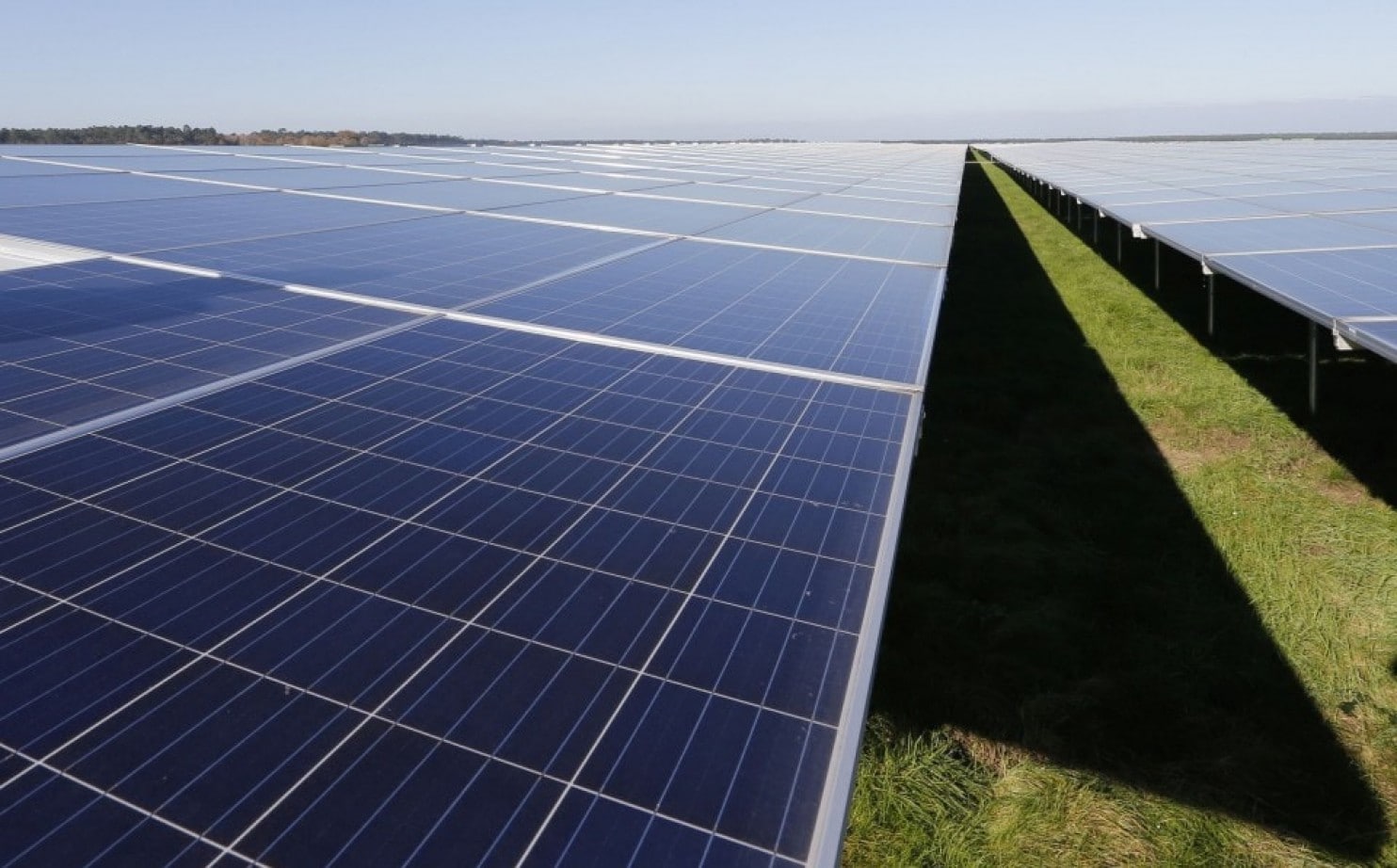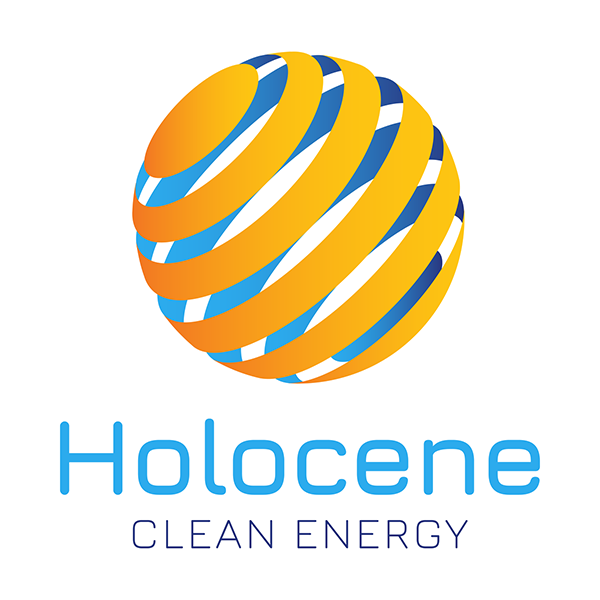
Since the US Trade Representative’s (USTR) announcement on January 22, 2018, the press has been awash with articles and opinions concerning President Trump’s new import tariffs on solar cells and modules. Several renewable energy industry pundits have made wide-ranging speculations as to its impact on the US solar industry relative to market growth, price levels and jobs. On the surface, it seems that government regulation is stepping in to hamstring the industry by imposing a tariff designed to ‘protect’ domestic interests just as solar becomes a viable and economical renewable energy source. Everyone is asking the same questions: “Should we be worried about this? And is the future of solar in jeopardy?”
Recently, Stephen Lacey, Editor-in-Chief of GreenTech Media, a premier news outlet that serves to inform global clean energy market leaders, conducted a podcast which brought together solar industry experts to analyze and discuss the impact of Trump’s tariff “by the numbers”. Highlights from the discussion include:
- USTR imposes a 30% tariff on non-domestic solar cells & modules
- The tariff will decrease by 5% per year over the next 4 years
- 2.5 GW of imported solar cells are exempted from the tariff each year
- US solar developers (in anticipation of the tariff) purchased in advance significant quantities of solar panels which were not subject to the tariff. These quantities are expected to satisfy a large portion of the US solar demand through 2018.
Overall, the podcast panel believed that President Trump’s tariff would only briefly slow the industry, mainly for utility-scale and distributed (i.e., residential) solar projects in emerging markets where cost structures have not matured. However, they noted a “silver lining” in that the ongoing cost improvements being pursued by all industry players would more than offset the effects of the tariff.
But what about those stakeholders considering new solar projects who might be asking: “How does this tariff affect the price I might pay for my planned asset?” Andrew Sendy, chairman of Solar Investments, Inc. presents a plausible solar project cost breakdown in a recent article written in response to the tariff’s announcement. In his analysis:
- Solar modules account for approximately 23% of the total project cost
- A 30% price increase due to tariffs translates to only a modest 6.8% increase in the total solar project retail cost
Sendy supports his analysis by conservatively assuming a higher price for solar modules and asserts that technology improvements by overseas suppliers will most certainly bring this pricing further downward. Furthermore, he agrees with GreenTech Media’s assertion that “the immediate impact over the early months of 2018 from the 30% import duty will be reduced by the fact that many non-domestic solar companies have moved large volumes of stock into the United States prior to the announcement of this tariff.”
If you a renewable energy stakeholder trying to determine the effects of this tariff on your business, here are three things to keep in mind as you decide to move ahead with your solar project:
Cost Benefits Still Apply: Solar renewable energy currently is and will remain an affordable and attractive option. Organizations today can save on their energy bill by using solar over traditional brown power. Even if the tariffs cause prices to rise for some solar developers and off-takers, there are still considerable savings to be enjoyed over longer-term contracts. In addition, companies who invest in solar can attract consumers to their business in an increasingly sustainability-focused world.
Proceed with Caution…But Proceed! If the tariffs have you concerned, you are not alone. But there’s no reason to halt or roll back your clean energy plans as the industry continues to show very positive signs overall both globally and domestically. Proceeding judiciously and with a sense of reality-based optimism can help you understand what lies ahead, plan strategically, and ultimately generate new value for your organization.
Get the Help You Need: Renewable energy buyers should keep in mind that an experienced renewable energy developer will be uniquely positioned to adequately address their tariff concerns and successfully guide them along their journey to an expanded renewable portfolio. Holocene Clean Energy finances, constructs, and sells complete solar PV systems and executes PPAs for smart energy buyers. Because Holocene fully engages itself in the entire solar project lifecycle, they are able to offer clients a streamlined and seamless renewable energy sourcing process from an engineering, business and legal perspective.
